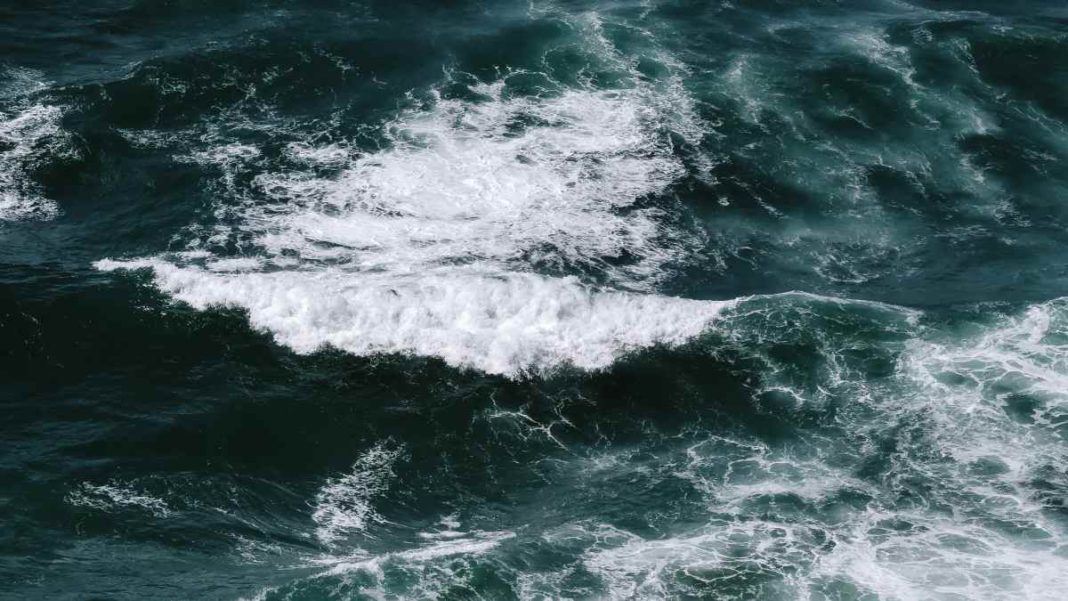UNITED KINGDOM: In a recent study published in the scientific journal Nature, researchers unveiled alarming findings regarding the changing colors of the world’s oceans. Over the past two decades, an extensive portion of the Earth’s marine waters has displayed a subtle yet notable greening phenomenon.
Scientists attribute these shifts in color to the profound influence of climate change on marine ecosystems. Led by B.B. Cael from Britain’s National Oceanography Centre, the study’s authors have detected color changes across more than half of the world’s oceans, covering a greater expanse than the entire land area of our planet.
This remarkable research sheds light on the crucial role of ecosystems, particularly microscopic plankton, which form the cornerstone of the marine food web and play a vital role in stabilizing our atmosphere.
According to main author B.B. Cael, “The reason we are concerned about color changes is because color represents the status of the ecosystem, so color changes signify ecosystem changes.”
The color of the seas, as viewed from space, serves as an indicator of the conditions in the upper layers of water. A deep blue hue suggests limited biological activity, whereas greener waters signify increased activity, often attributed to photosynthesizing phytoplankton.
These tiny organisms, akin to plants, contain the green pigment chlorophyll and are responsible for a significant portion of the oxygen we breathe. They also play an essential role in the global carbon cycle and form the foundation of the oceanic food web.
Efforts to monitor ecosystem changes and effectively track climate change effects have spurred scientific interest in understanding the implications of these color variations.
Previous studies have posited that monitoring ocean chlorophyll levels for approximately thirty years would be necessary to identify trends due to annual fluctuations.
However, the latest research took a comprehensive approach, analyzing seven distinct hues of ocean color observed by the MODIS-Aqua satellite between 2002 and 2022.
While imperceptible to the human eye, these subtle color changes were corroborated by real-world observations and computer models, validating the connection to climate change.
“I’ve been running simulations that have been telling me for years that these changes in ocean color are going to happen,” co-author Stephanie Dutkiewicz of MIT’s Department of Earth, Atmospheric, and Planetary Sciences at the Center for Global Change Science said.
“It is not shocking, but it is disturbing, to see it actually happening. And these modifications are in line with the climate changes brought on by human activity”, he further added.
Despite the need for further research to fully comprehend the implications of these color changes, scientists involved in the study assert that climate change is the most likely cause. These findings serve as a stark reminder of the impact of human activities on our planet’s delicate ecosystems.
Understanding and monitoring these changes is paramount to mitigating the effects of climate change on our oceans, which are not only home to an incredible array of life but also crucial for the well-being of our entire planet.
As the world grapples with the escalating challenges of climate change, this research underscores the urgency of concerted efforts to protect and conserve marine environments.
The oceans, once seen as vast and resilient, are revealing the subtle yet significant changes brought about by human-induced climate change.
It is a call to action for individuals, communities, and policymakers to prioritize sustainable practices and implement measures that preserve the health and integrity of our planet’s precious oceans.
Also Read: White House Report Examines Sunlight Blocking Proposal to Tackle Climate Change



